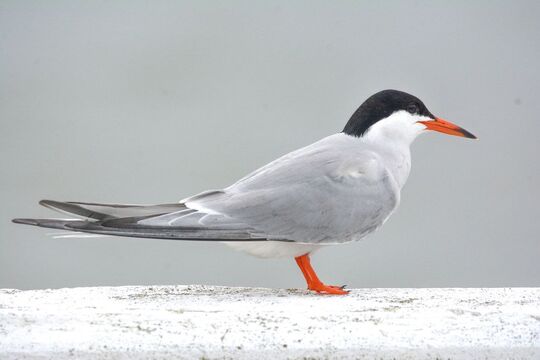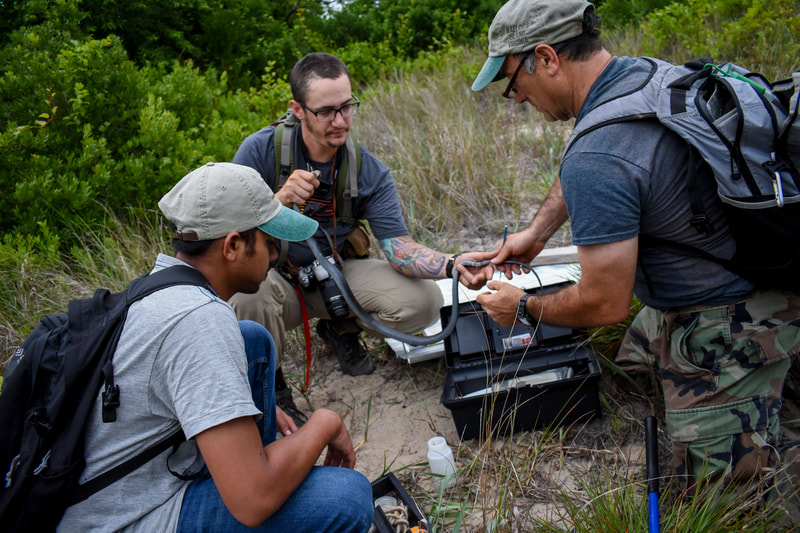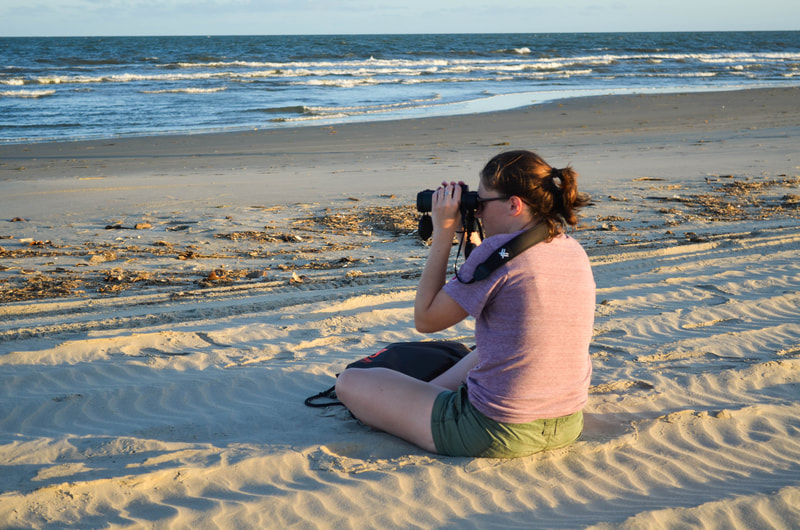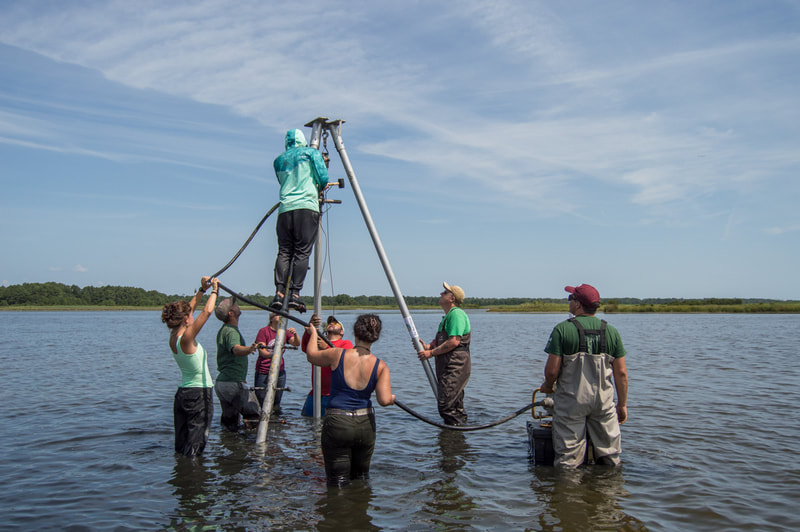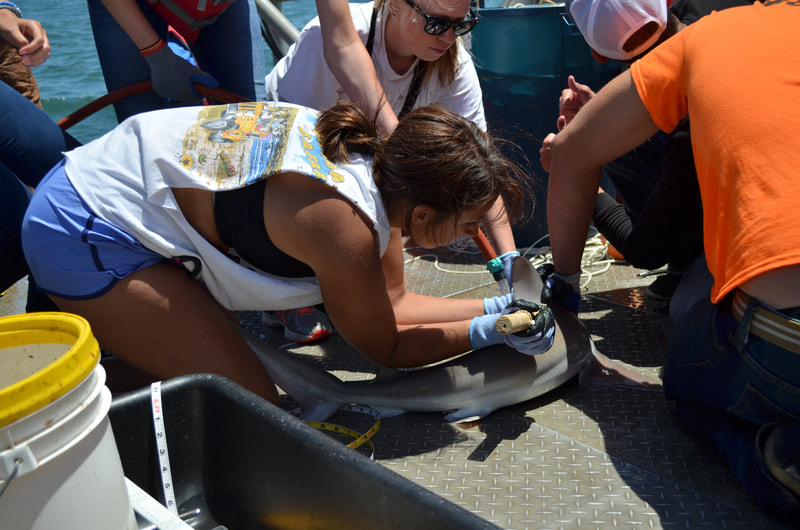|
Students are the driving force for everything that we do at the Chincoteague Bay Field Station, and this extends to student led research. Open to undergraduate and graduate students from all universities, the purpose of this program is to promote and facilitate original research led and conducted by students. Participating students receive support from Field Station staff and faculty including project oversight, use of field equipment and resources, advice, and field support. Click the picture on the right to find the answer to all of your questions! |
Steps to become a student researcher at CBFS:
- Fill out a student researcher application 2 months prior to the start date of your project (see below for application link)
- Once your project has been approved by the CBFS research committee (you will be notified via email), fill out a booking form to reserve your meals, housing, lab spaces, and resources (see below for booking form).
- CBFS will send you a cost estimate for your research trip. You will need to provide billing information.
- Have your research advisor fill out the faculty statement form (see below).
- CBFS staff will confirm details a few weeks prior to your start date and will send you additional information (waiver form, move-in instructions, code of conduct, etc.)
- Travel to CBFS & start your project!
Important Documents & Information
|
Finished checking out the program description and ready to apply? Before you can start your project, your application has to be approved by the CBFS Research Board.
Trying to figure out what a trip is going to cost? If you are from a member university, you will be charged the appropriate membership rate. To be considered for the scholarship rate, your project must be chosen by the CBFS Research Board.
|
|
Course Embedded Research
|
University Summer Courses at the Field Station frequently include research components. Examples include:
|
